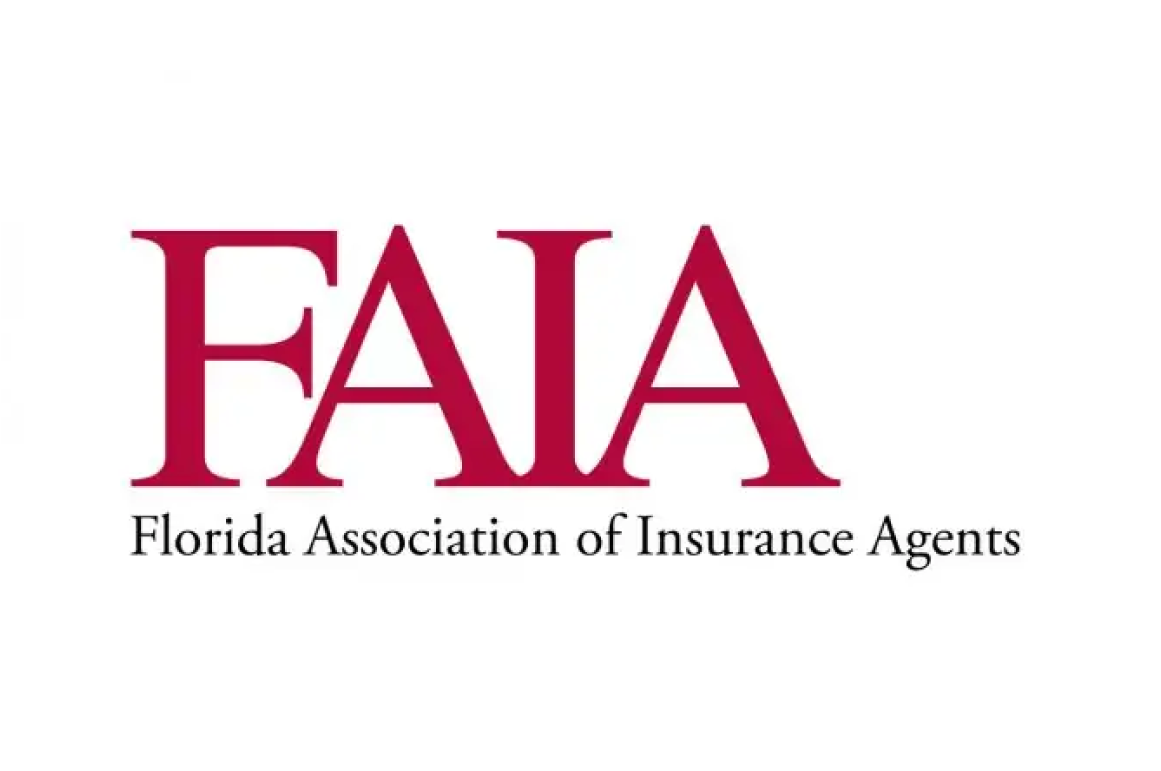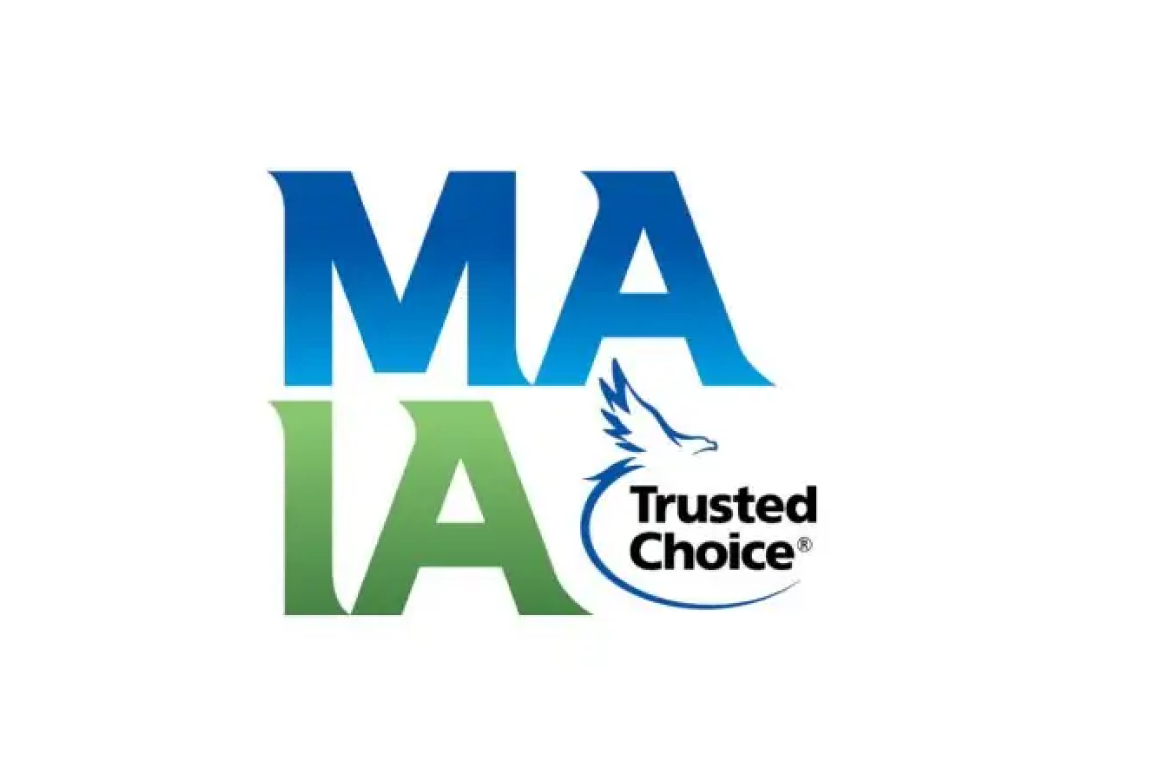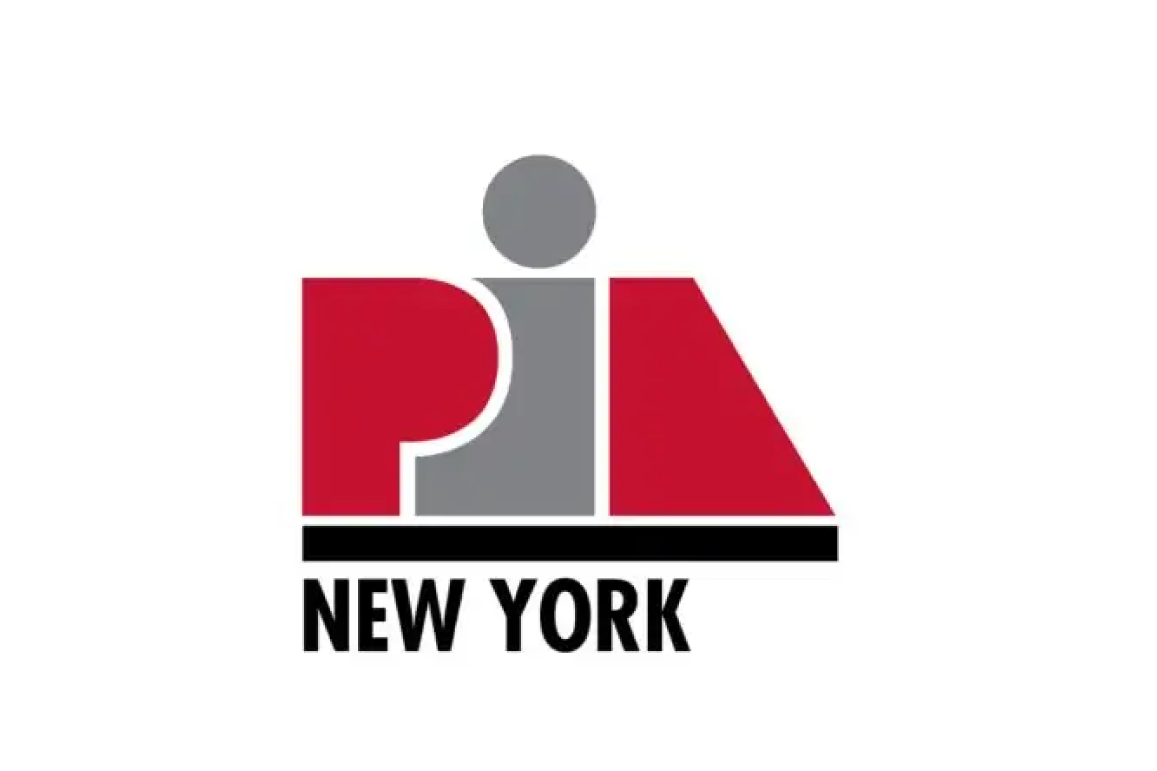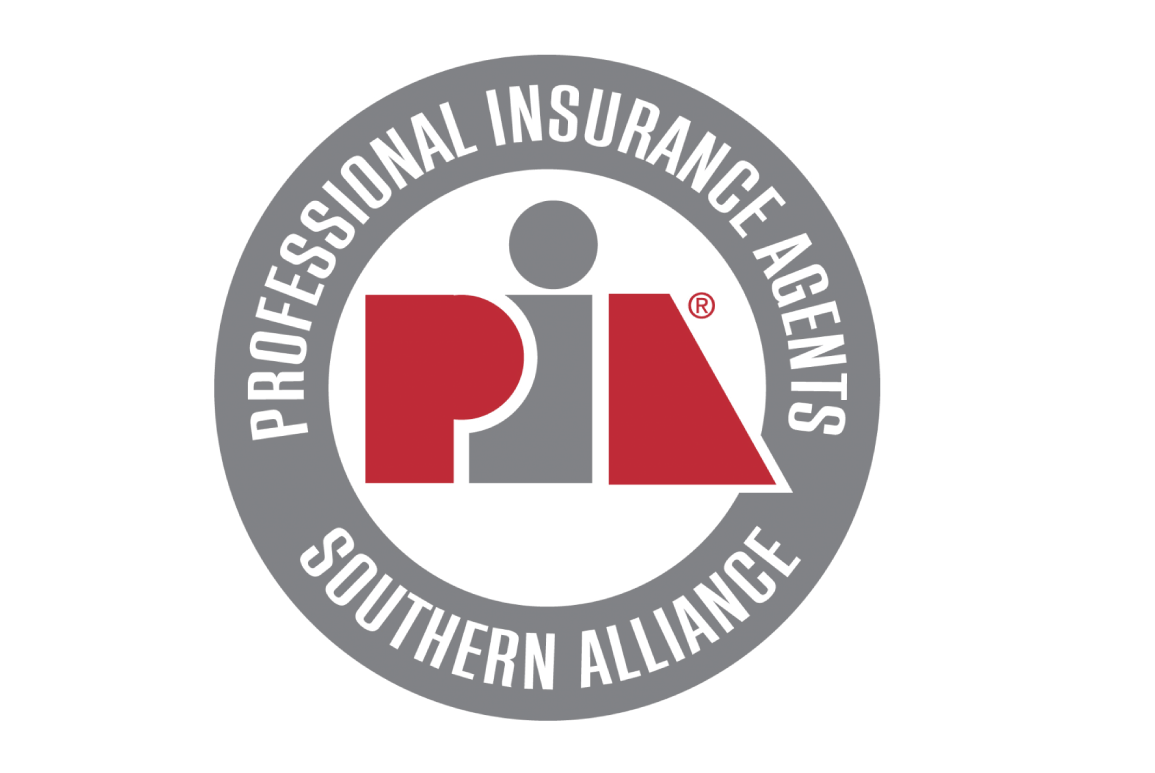Updated November 2022
Subrogation and the Sutton Doctrine, Made Whole Doctrine
Black’s Law Dictionary (Ninth Edition) defines subrogation as the principle under which an insurer that has paid a loss under an insurance policy is entitled to all the rights and remedies belonging to the insured against a third party with respect to any loss covered by the policy.
Subrogation simply means the substitution of one person for another. In other words, one person can stand in the shoes of another and assert that person’s rights against the responsible party.
3 Types of Subrogation
- Equitable or Legal Subrogation – arises by operation of law – can take effect with or without a contract – can be modified or terminated by a contractual agreement
- Conventional subrogation – arises by contract or an express act – many insurance policies have specific provisions that transfer the insured’s rights to the insurer
- Statutory subrogation – arises by an act of the legislature – subject to the terms of the statute
The Anti-Subrogation Rule
There is also a legal concept titled the Antisubrogation Rule. Black’s Law Dictionary defines this as the principle that an insurance carrier has no right of subrogation – that is, no right to assert a claim on behalf of the insured or for payments made under the policy – against its own insured for the risk covered by the policy. This might appear as a simple concept, but it’s not. Each jurisdiction has developed, either through case law or statute, rules and exceptions to these rules regarding the application of this concept.
The Sutton Doctrine
For example, some jurisdictions have established what is known as an implied co-insured. This may occur when there is a landlord-tenant relationship and there is no specific contractual provision that gives the landlord the right to subrogate against the tenant. The tenant, as a matter of law, is considered co-insured under the landlord’s property insurance. The premise is that the tenant pays rent which the landlord uses, in part, to purchase insurance. Therefore the landlord’s insurer is prohibited from subrogating against the tenant. This is known as The Sutton Doctrine, having its origins in an Oklahoma court.
Made Whole Doctrine
Another important concept related to subrogation is the Made Whole Doctrine. One legal treatise – The Made Whole Doctrine: Unraveling the Enigma Wrapped in the Mystery of Insurance Subrogation defines this as:
“The common law made whole doctrine is an equitable principle which generally limits the ability of an insurer to exercise its right of subrogation until the insured has been fully compensated or made whole. Under this conceptualization, in the event of a subrogation dispute between the insurer and its insured, the insured has priority of rights to collect from the responsible third party. Thus, where the insured’s recovery from both the insurer and tortfeasor is less than or equal to its loss, the insurer forfeits its right to subrogation.”
On its surface, it appears that this doctrine can be the nemesis of an insurer’s efforts to subrogate. But, again, each jurisdiction may approach the application of this doctrine differently. In fact, some jurisdictions permit an insurer to contract around the Made Whole Doctrine if that intent is clear from the policy provisions.
When the insurer has a valid subrogation claim, the insurer may have to decide whether to proceed against the responsible party in its own name or in the name of the insured. This may depend on whether the suit against the responsible party is in federal court or state court, and, if in state court, if there are any limitations on this decision.
Waiver of Subrogation
In discussing subrogation, the concept of waiver of subrogation must be mentioned. Black’s Law Dictionary defines waiver as the voluntary relinquishment or abandonment – express or implied – of a legal right or advantage. It is common, as part of a risk management program, for waivers of subrogation to be incorporated into contracts. Typically, insurance policies may address these waivers within their provisions.
The Commercial Property Conditions contain such a provision.
This Coverage Part is subject to the following conditions, the Common Policy Conditions and applicable Loss Conditions and Additional Conditions in Commercial Property Coverage Forms.

This will not restrict your insurance.
While this condition permits waiver of subrogation before a loss to any person or organization as well as after a loss to specific parties, not all property policies contain these same provisions. It behooves the insurance professional to determine if his/her insured has waived subrogation and if the policy permits such a waiver.
In Conclusion
Keep in mind that many contract provisions addressing these waivers only apply “to the extent recoverable by insurance.” Many of these contract provisions do not properly address deductibles, self-insured retentions, exclusions, or limits of insurance.
Check back for more Deep Dives.














































